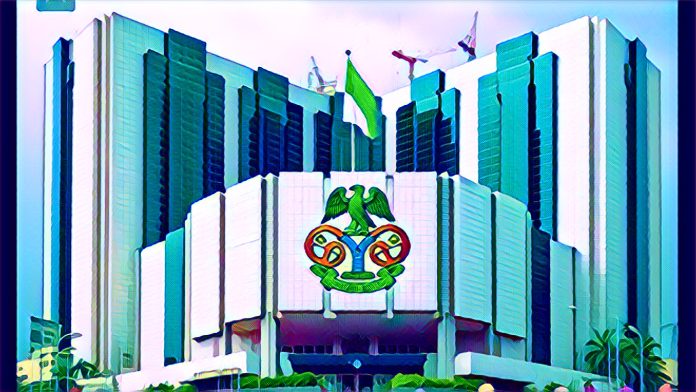KEY POINTS
- The CBN projects positive economic growth for 2024–2025, despite headwinds.
- Rising import costs and debt obligations could hinder external reserve growth.
- Fuel subsidy removal and global economic downturn may further impact foreign reserves.
The withdrawal of fuel subsidies, decreased import costs, and more obligations to service external debt could be negative factors for the expansion of external reserves by 2024–2025, according to the Central Bank of Nigeria (CBN).
In its instructions for monetary, credit, foreign trade, and exchange policy for the fiscal years 2024–2025, the CBN made this information public.
The Finance Act of 2023 and the Medium-Term National Development Plan (MTNDP) for 2022–2025, as well as ongoing policy support for the oil and agriculture sectors and changes to the foreign exchange market, allowed the apex bank to project overall positive economic growth for the period.
The central bank added: “There is hope for Nigeria’s external sector in 2024–2025, as favorable terms of trade are anticipated due to a steady increase in crude oil prices and increased domestic production of the commodity.”
“The decision to reduce production has kept the price of crude oil stable, while gains from capital flows and remittances have contributed to the good outlook.
However, there are hazards associated with the accretion of external reserves, including decreased crude oil earnings, the withdrawal of fuel subsidies, growing import expenses, and greater requirements to service external debt.
Furthermore, the danger of capital outflow is increased by central banks’ persistent tightening of monetary policy in advanced countries.
Global economic challenges contribute to growing inflationary pressures
Nigeria’s output growth is anticipated to continue on a good trend in 2024 and 2025, according to the CBN.
“The prospects for growth are contingent upon sustained policy backing for the oil and agriculture industries, modifications to the foreign exchange market, and the successful execution of the Finance Act 2023 and the 2022-2025 MTNDP.”
The risk to the outlook is still skewed to the negative and is characterized by strong headwinds like rising energy costs as a result of the war between Russia and Ukraine and ongoing security and infrastructure issues that could jeopardize the growth outlook in the short to medium term.
“Due to exchange rate pass-through and spillovers from global supply constraints, domestic prices are expected to remain elevated through 2024/2025.”
Furthermore, the ongoing problems with infrastructure and security may make inflationary pressures worse.
“In 2024 and 2025, the fiscal sector’s performance is anticipated to continue on a positive recovery trajectory.”
The successful implementation of the Finance Act 2023 and the reorganization of important income-generating MDAs to increase non-oil revenue are prerequisites for this view.
“But in the short-to-medium-term, there could be substantial downside risks to fiscal operations due to low domestic crude oil production, rising public debt, persistent insecurity, the global economic downturn, and the Russia-Ukraine war.”
Fuel subsidy removal raises risks for external reserves
According to a report by Vanguard, Clifford Egbomeade, Public Affairs Analyst/Communications Expert, commented on the effect of fuel subsidy removal on the external sector.
“Due to Nigeria’s heavy reliance on refined petroleum products, the removal of subsidies typically results in higher fuel prices, which can significantly increase the cost of fuel imports, raising the demand for foreign exchange,” He said.
Speaking further, “As a result of using more foreign currency to pay for these higher import bills, external reserves may be put under pressure. The ensuing inflationary pressures may also have an impact on the economy as a whole, raising the price of goods and services and possibly prompting tighter monetary policy.”
In addition to disrupting economic activity, notably in transportation and logistics, public dissatisfaction with increased fuel prices may also put more pressure on foreign exchange revenues.
On the other hand, eliminating subsidies might eventually assist the government in lowering budget deficits, rerouting expenditure into infrastructure, and boosting investor confidence.
Although there are genuine short-term risks to foreign reserves, prudent transition management may lead to future reserve growth that is more steady and fiscal health.
Ayodeji Ebo, Managing Director/Chief Business Officer of Optimus by Afrinvest, also commented, stating that, in contrast to the CBN’s claim, the withdrawal of fuel subsidies would accelerate the accumulation of foreign reserves.
“In my opinion, given that the NNPC currently deducts from source, the removal of fuel subsidy should increase the accretion to the external reserves,” he said.
“By doing this, all deductions will end, and the amount of FX sent to the CBN would rise” he concluded.



